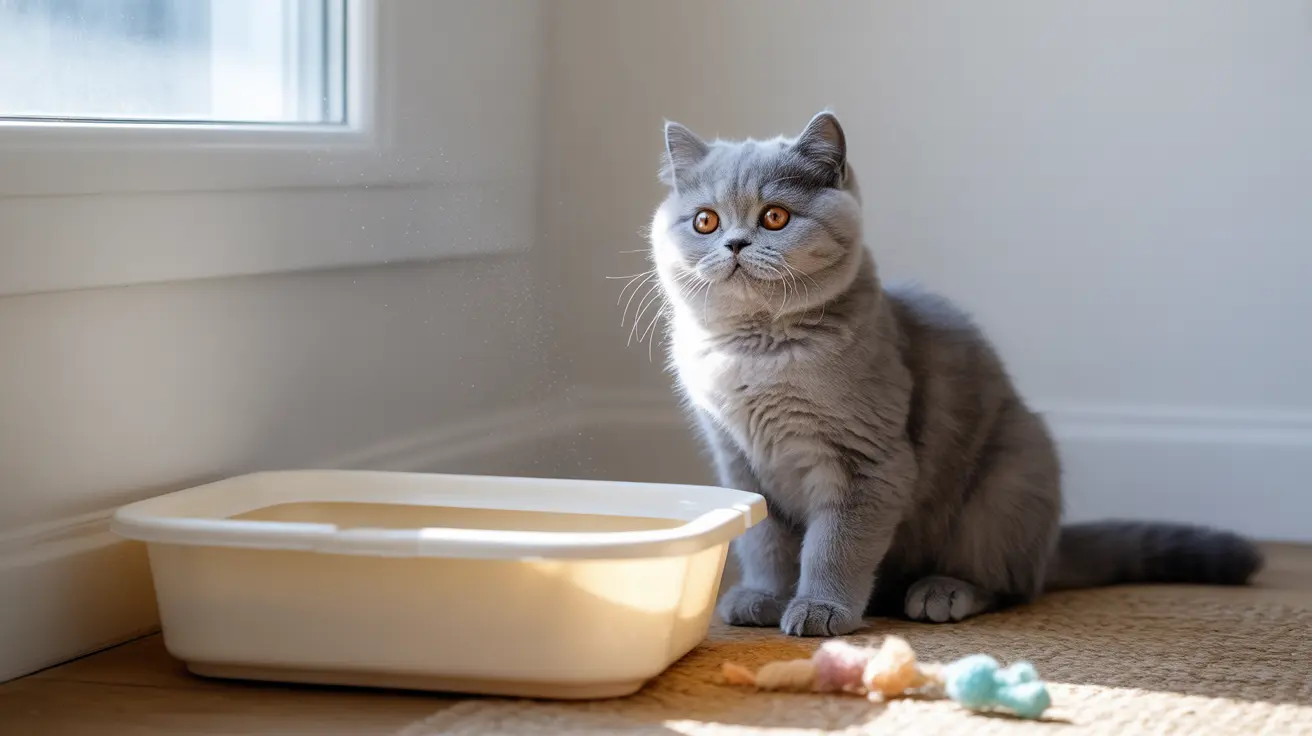Coccidia in cats is a common parasitic infection that can affect felines of all ages, though it's particularly concerning for kittens and cats with weakened immune systems. This microscopic parasite can cause a range of symptoms, from mild digestive issues to severe illness if left untreated. Understanding this condition is crucial for every cat owner to ensure their pet's health and well-being.
In this comprehensive guide, we'll explore everything you need to know about coccidia in cats, including how to identify symptoms, effective treatment options, and essential prevention strategies to keep your feline friend healthy.
What is Coccidia and How Do Cats Get Infected?
Coccidia are single-celled parasites that primarily affect the intestinal tract of cats. These microscopic organisms belong to the genus Cystoisospora and can multiply rapidly inside a cat's digestive system. Cats typically become infected by ingesting contaminated soil, water, or feces containing coccidia oocysts.
The infection process begins when cats come into contact with sporulated oocysts in their environment. These parasites are particularly common in crowded conditions like shelters, catteries, and multi-cat households where sanitation might be challenging to maintain.
Recognizing the Signs of Coccidiosis
While some cats may show no obvious symptoms, others can develop a condition called coccidiosis. Common signs include:
- Watery or bloody diarrhea
- Lethargy and weakness
- Loss of appetite
- Dehydration
- Weight loss
- Vomiting in severe cases
Kittens and immunocompromised cats typically show more severe symptoms and are at greater risk for complications. The severity of symptoms often correlates with the number of parasites present and the cat's overall health status.
Diagnosis and Treatment Approaches
Veterinarians diagnose coccidia through microscopic examination of fecal samples. This process, known as fecal flotation, allows them to identify the characteristic oocysts. Multiple samples may be necessary as the parasites aren't always detected in a single test.
Treatment typically involves prescription medications such as:
- Sulfadimethoxine (Albon)
- Ponazuril
- Toltrazuril
- Amprolium
The treatment course usually lasts 5-10 days, though severe cases may require extended treatment. Supportive care, including fluid therapy and nutritional support, may be necessary for severely affected cats.
Prevention and Environmental Control
Preventing coccidia infection requires a multi-faceted approach focused on maintaining a clean environment and supporting your cat's immune system. Key prevention strategies include:
- Daily cleaning and disinfection of litter boxes
- Regular sanitization of food and water bowls
- Prompt removal of feces from the environment
- Maintaining proper hygiene in multi-cat households
- Regular veterinary check-ups, especially for kittens
Using appropriate disinfectants is crucial, as coccidia oocysts are resistant to many common cleaning products. A solution of diluted bleach (1:32 ratio) is one of the most effective methods for killing these parasites.
Frequently Asked Questions
How do I diagnose coccidia in my cat, and what are the most common symptoms?
Coccidia is diagnosed through microscopic examination of fecal samples by a veterinarian. The most common symptoms include watery diarrhea, lethargy, decreased appetite, and in severe cases, bloody stools and dehydration.
What are the most effective treatments for coccidiosis in cats, and how long do they typically last?
The most effective treatments include sulfadimethoxine (Albon) and other antiprotozoal medications. Treatment typically lasts 5-10 days, though some cases may require longer treatment periods based on severity and response.
How can I prevent coccidia from infecting my cat, and what environmental changes should I make?
Prevent infection by maintaining clean litter boxes, regularly disinfecting living areas, promptly removing feces, and practicing good hygiene. Use appropriate disinfectants and keep cats' living areas dry and clean.
Why do kittens get coccidiosis more often than adult cats, and what are the risk factors?
Kittens are more susceptible due to their immature immune systems and closer contact with their mother's feces. Risk factors include overcrowded living conditions, poor sanitation, stress, and weakened immune systems.
What are the best ways to disinfect my home to prevent the spread of coccidia among my pets?
Use a bleach solution (1:32 ratio) on washable surfaces, steam clean carpets and furniture, and regularly wash pet bedding in hot water. Maintain separate litter boxes for infected cats and clean all pet areas thoroughly and frequently.






